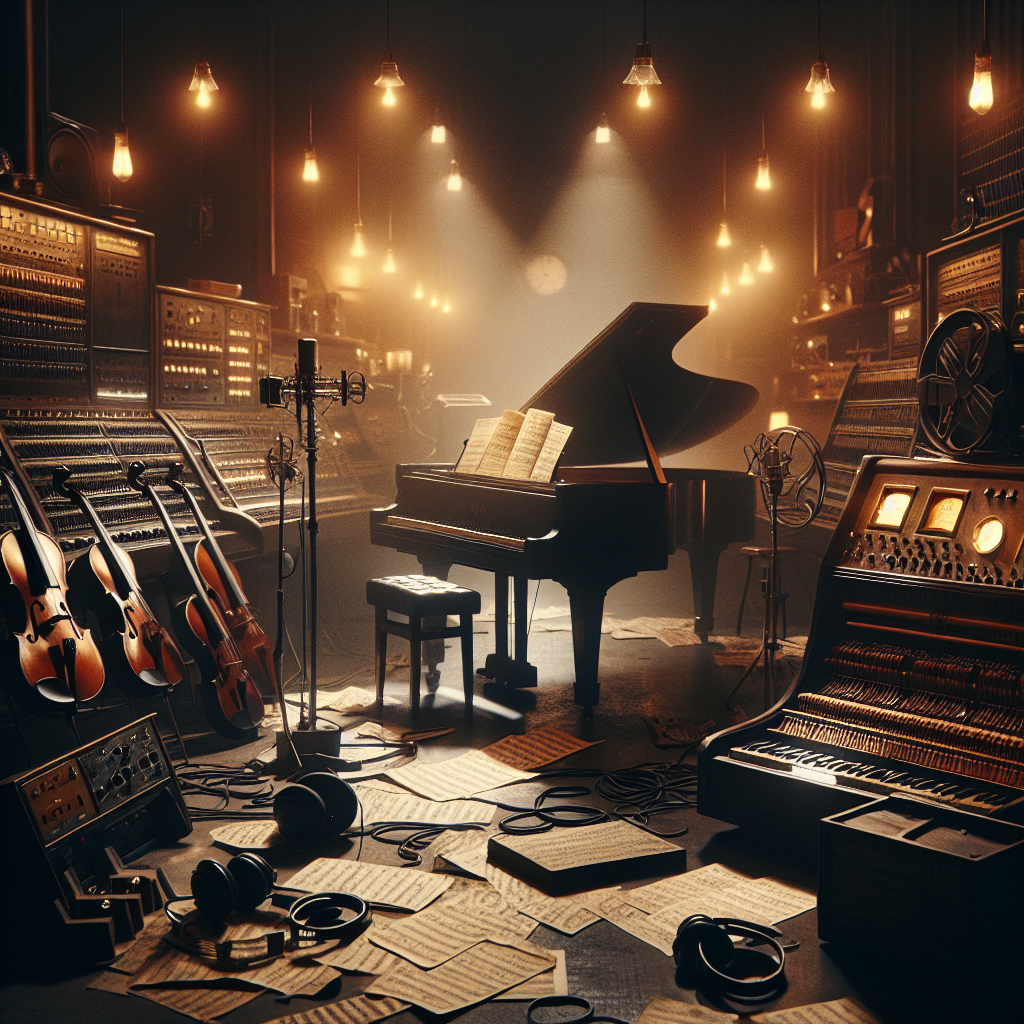Understanding the Magic of Award-Winning Movie Scores
The emotional and psychological impact of film is often profoundly influenced by its soundtrack, with award-winning movie scores playing a pivotal role in a film’s success and legacy. Composers like Hans Zimmer, John Williams, and Ennio Morricone have become household names, not just for their melodies but for their ability to weave complex emotional narratives that complement and enhance the visual storytelling.
The Composition of Award-Winning Movie Scores
At the heart of award-winning movie scores are a few key elements: thematic consistency, orchestration, and the ability to evoke emotion. Composers use themes or recurring musical phrases that are associated with particular characters, settings, or ideas, helping to create a cohesive auditory experience. For example, the iconic two-note motif in John Williams’ score for “Jaws” instantly evokes a sense of impending danger.
Orchestration also plays a critical role. The choice of instruments and how they are used can significantly affect the mood and effectiveness of a score. The use of leitmotifs, which are short, recurring musical phrases that represent a specific person, idea, or situation, is particularly effective in building narrative depth, as seen in Howard Shore’s score for “The Lord of the Rings” trilogy.
Psychological Impact of Soundtracks
Research shows that music significantly affects the brain’s emotion centers, enhancing a viewer’s emotional experience and memory of a film. A study by the University of California demonstrated how different soundtracks can change a viewer’s perception of a film’s emotions, illustrating the power of music in cinema. This psychological impact is what often makes a score memorable and, in many cases, award-winning.
Case Studies: Scores That Made History
Several films have garnered critical acclaim for their scores, which have played an integral part in their recognition at award ceremonies. “La La Land,” composed by Justin Hurwitz, won the Oscar for Best Original Score in 2017, noted for its vibrant and emotive jazz-infused tracks that mirrored the film’s nostalgic feel. Similarly, Hildur Guðnadóttir’s haunting score for “Joker” won the same award in 2020, using minimalistic compositions to reflect the film’s dark themes.
These scores not only accentuate the emotional landscape of their films but also resonate with audiences long after they leave the theater, demonstrating the profound effect that well-crafted music can have on cinematic storytelling.
Future Trends in Movie Scoring
As we look to the future, the integration of technology and music suggests exciting possibilities for film scoring. Advances in digital audio technology allow for more experimental approaches to composition and sound design, potentially leading to new forms of musical expression in film.
In conclusion, award-winning movie scores are more than just background music; they are a vital part of the film’s emotional fabric, shaping our experiences and memories of cinematic stories. As technology evolves, so too will the art of film music, promising even more innovative and captivating scores in the years to come.


